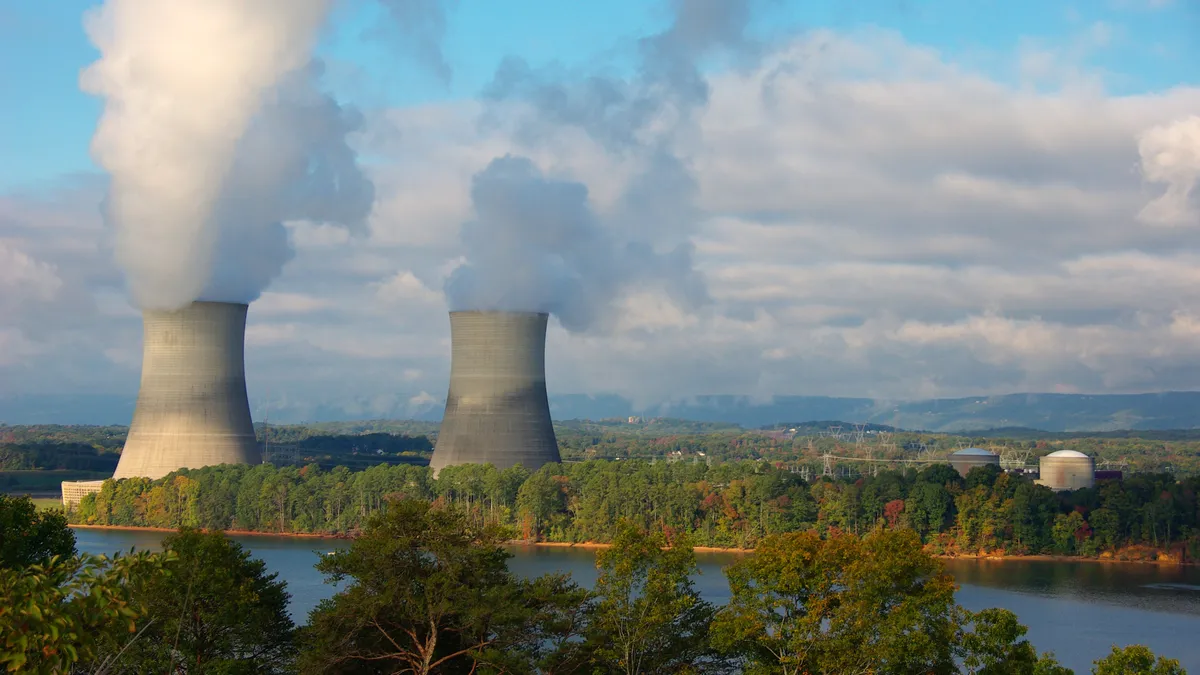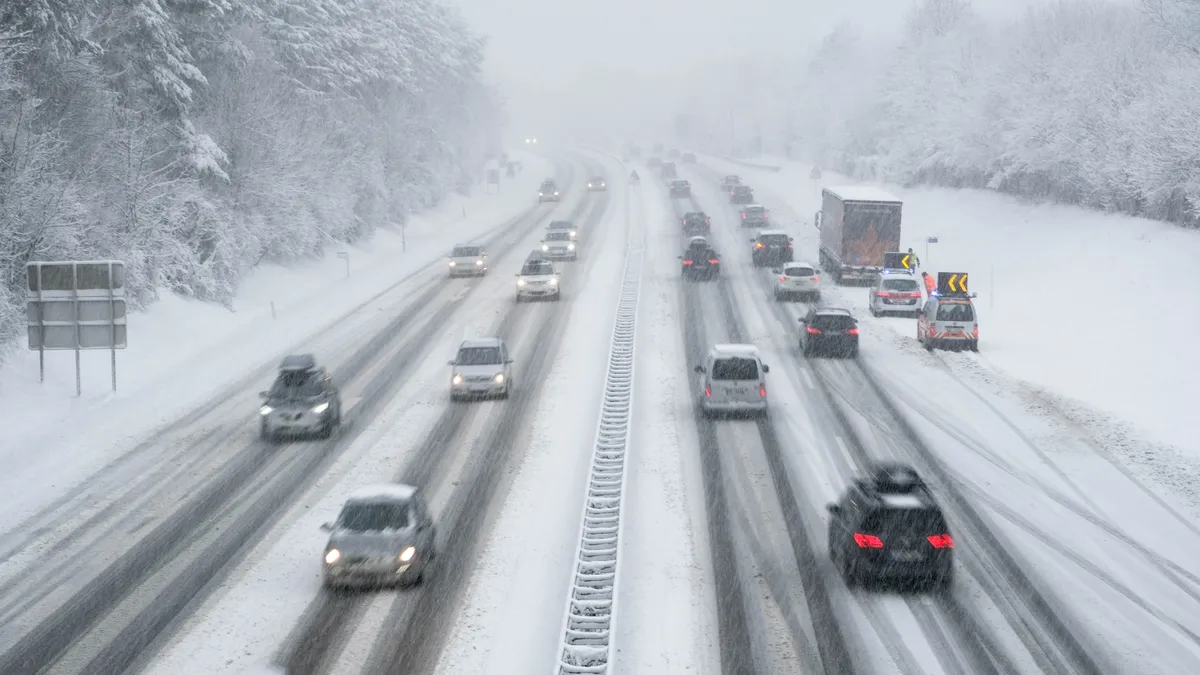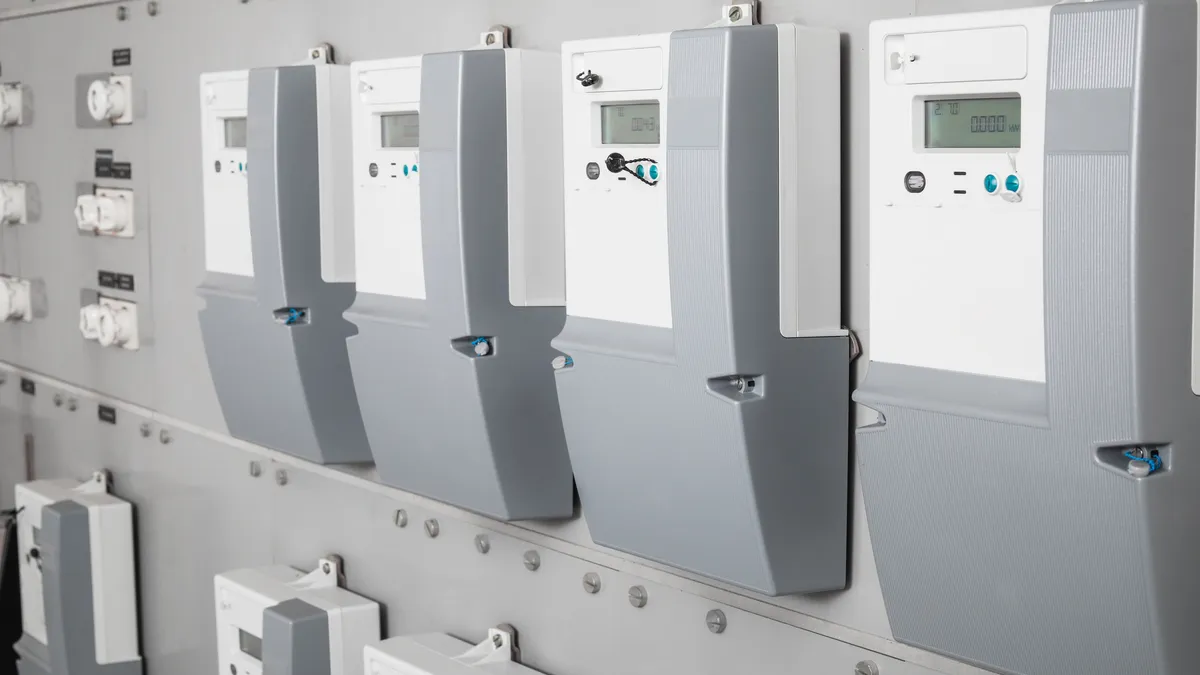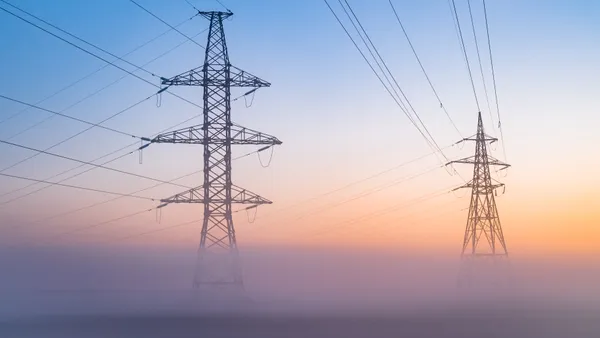Dive Brief:
- Voters in Switzerland rejected a measure that would have forced the country's last nuclear plant offline in 2029, instead choosing to maintain a path towards all-renewables within the next three and a half decades, the Washington Post reports.
- The vote is a distinct split from neighboring Germany, which opted to phase out its nuclear generation after the 2011 Fukushima disaster in Japan.
- In the United States, nuclear plants are struggling to compete with cheap natural gas and a few have closed early, but the carbon-free generation still makes up about 20% of power supplies.
Dive Insight:
The Washington Post reports that voters in Switzerland have soundly rejected a measure to shutter the country's nuclear plants within the next 13 years, voting by about 54% to 46% against the plan.
The Swiss are on a path towards all-renewable energy by 2050, a plan which the country undertook following Japan's nuclear disaster five years ago. While the Fukushima disaster led to a global reexamining of nuclear policies, safeguards and goals, nations ultimately have taken differing approaches.
In the United States, nuclear plants are struggling to compete with cheap natural gas, but there has been little push to shut down the industry wholesale. Earlier this year, the Nuclear Energy Institute 15 to 20 nuclear plants are "at risk" of an early shutdown due to market challenges, a sign their reliable carbon-free generation is not being properly compensated.
The Obama administration's Clean Power Plan calls for a nationwide cut of 32% greenhouse gas emissions from power plants by 2030 below 2005 levels, a goal which would require nuclear plants to continue operating in the near term. Though it has been decades since new nuclear power came online, last year the Tennessee Valley Authority received an operating license for its Watts Bar Unit 2 nuclear reactor from the Nuclear Regulatory Commission. That unit would be first new nuclear generation of the century in this country.
But there has also been growing interest in developing smaller nuclear reactors. Earlier this year, the Department of Energy selected two companies to develop new types of advanced nuclear reactors, potentially investing up to $160 million.













